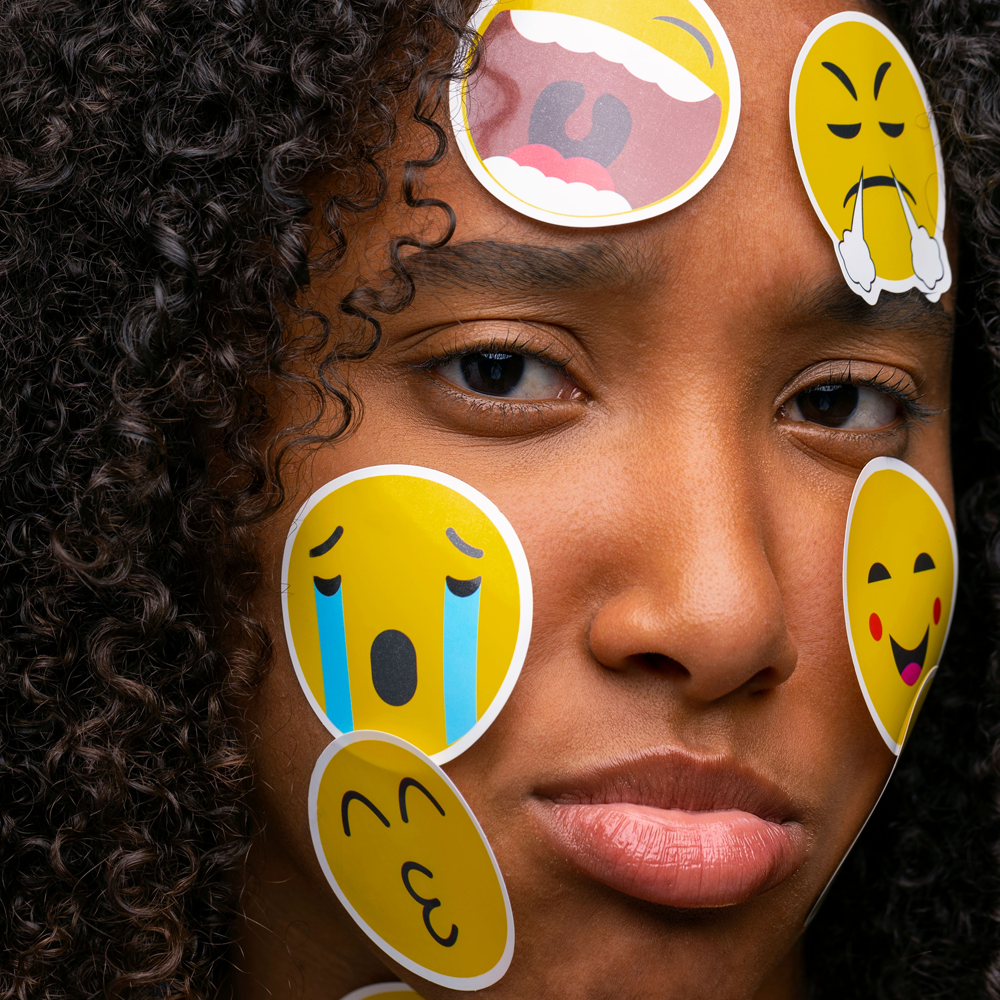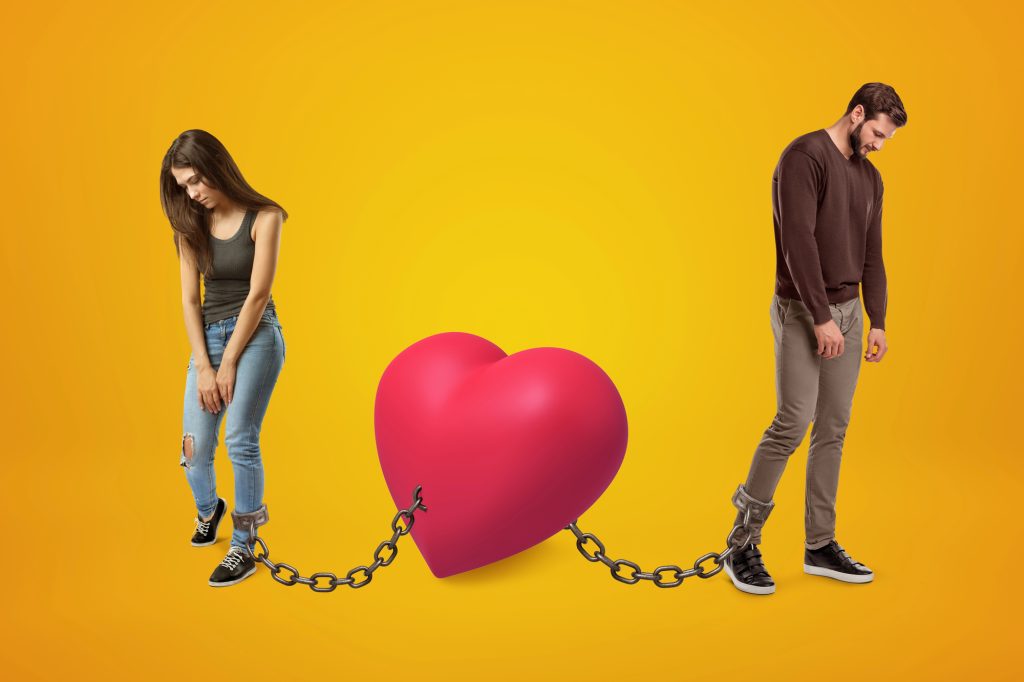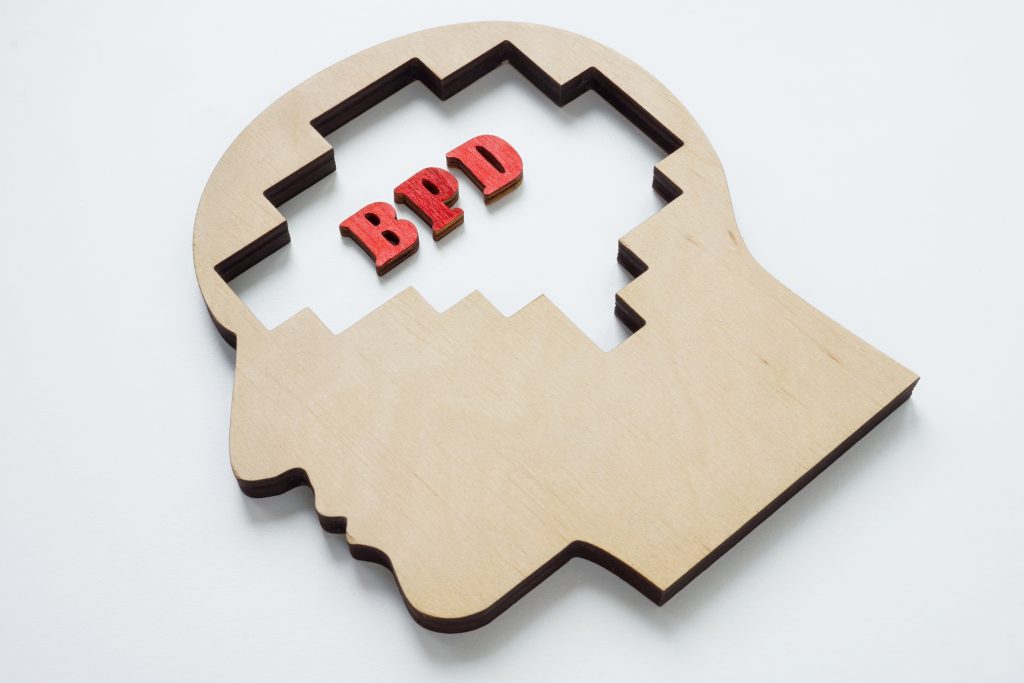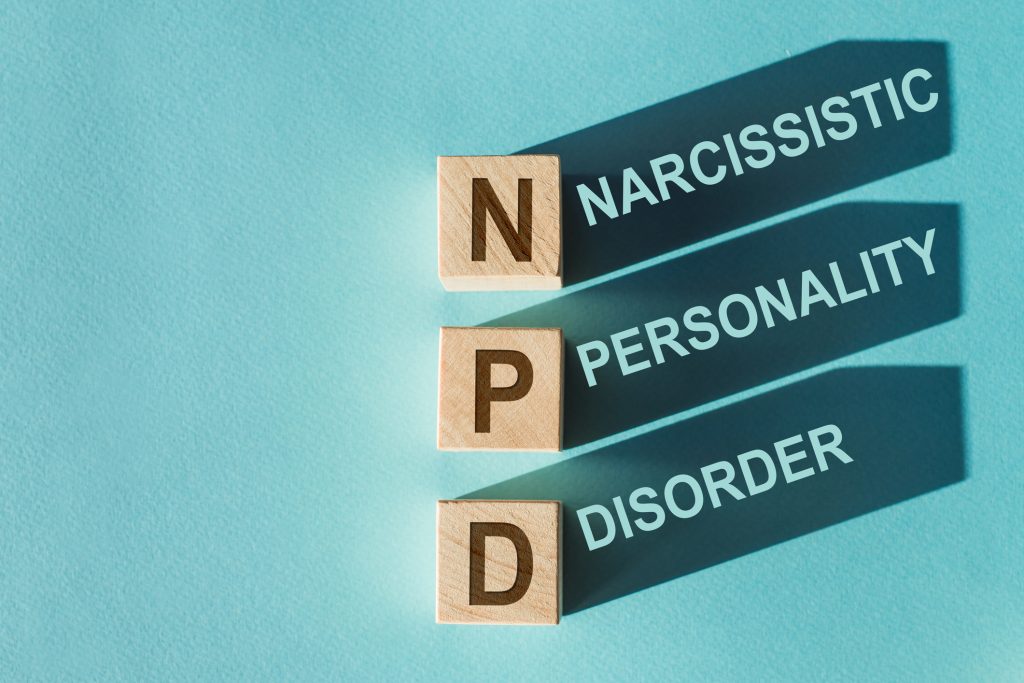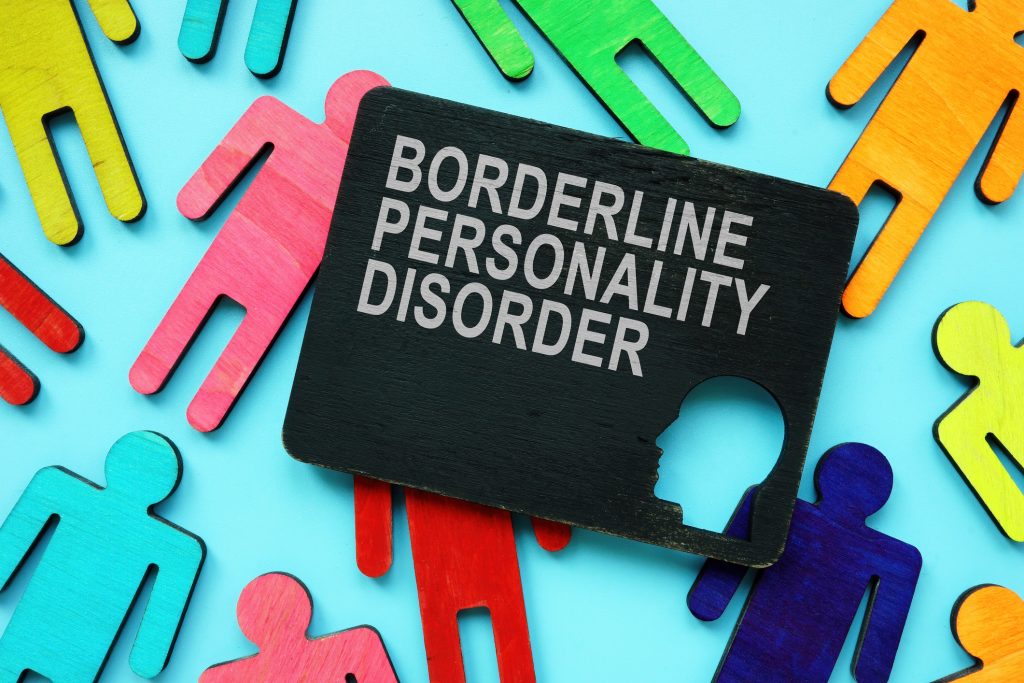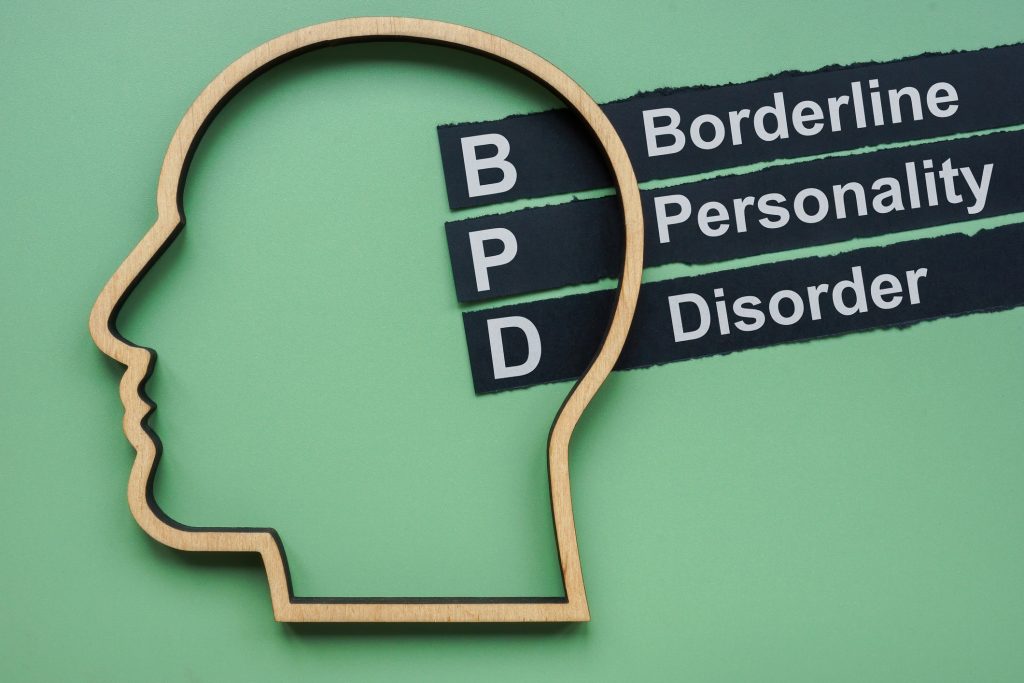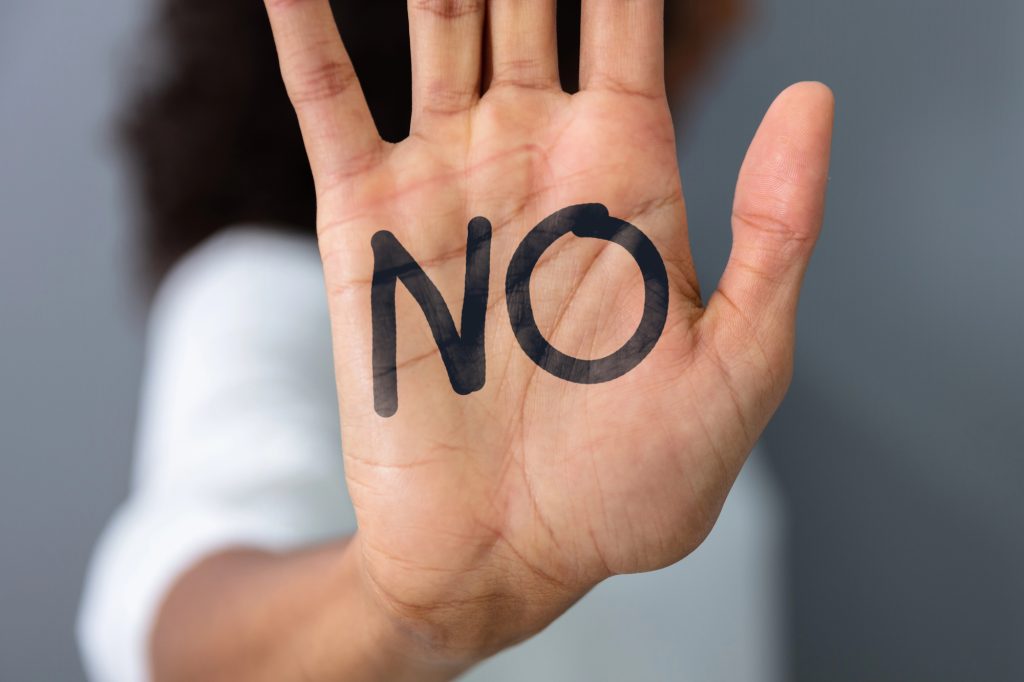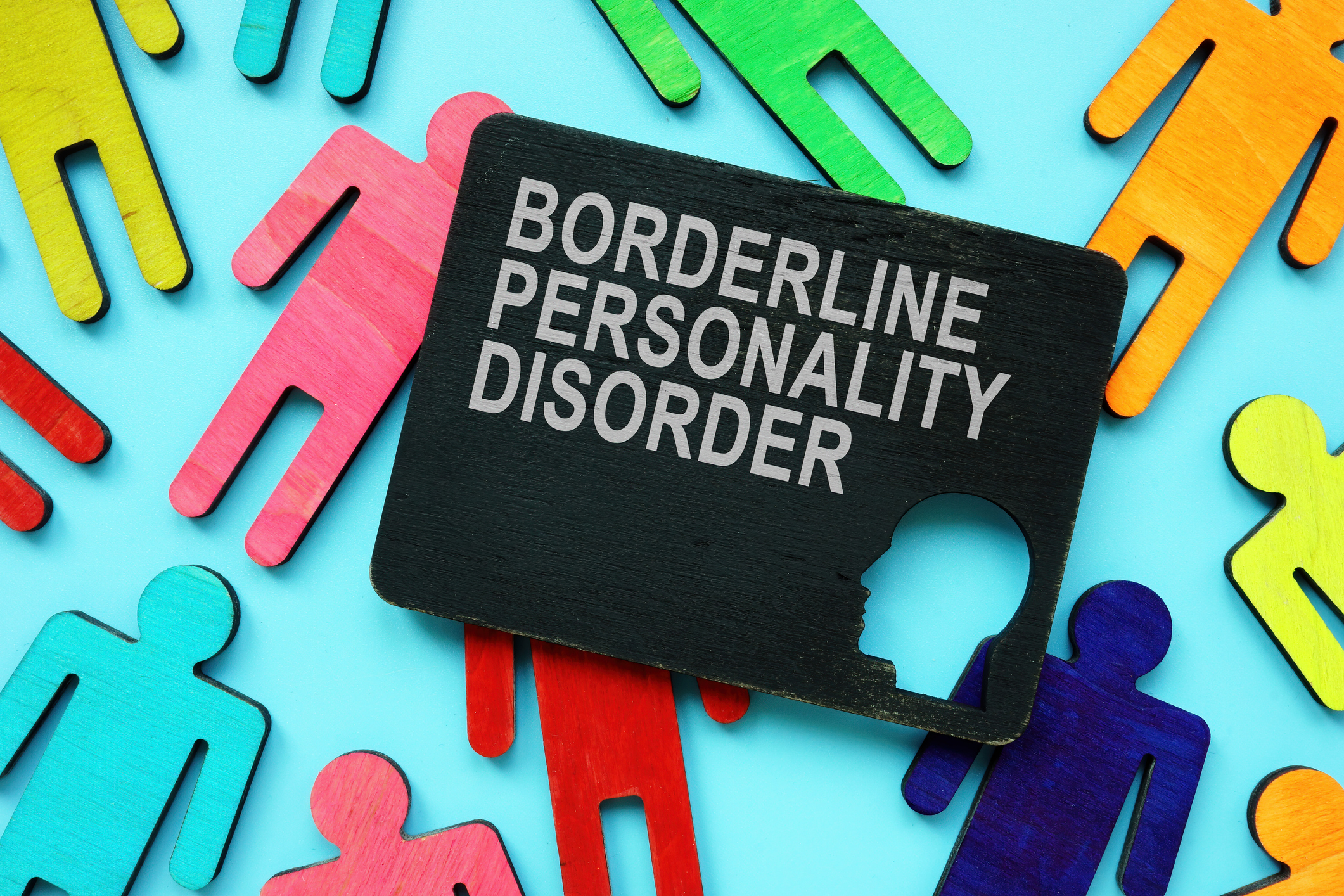
Understanding Enmeshment and Its Devastating Impact
by Raine Everly
If you look at the term “enmeshment,” you’ll notice it contains the word “enmesh”- a term that refers to weaving together or forming a close connection. This means that when someone is enmeshed, they become so deeply intertwined with another person that they might lose their sense of identity. Either person may have abandoned themselves to feel more connected to the other person. They may even have difficulty deciphering when one person begins and the other ends. Boundaries become fuzzy or nonexistent. Individuals become emotionally dependent on the other person and may find themselves so involved with the other person that they become hypersensitive to the other person’s emotions. They often enmesh because they seek validation and don’t want to be abandoned.
Loss of Self = Suffocation, Confusion and Guilt
Enmeshment can occur in romantic relationships, families, and even friendships. However, with all enmeshed relationships, there is excessive emotional closeness, so one or both can feel suffocated and confused. Individuals may experience profound feelings of guilt when attempting to assert their independence. The distinct characteristics that differentiate an individual from others can become compromised, subsequently resulting in analogous feelings of depression, powerlessness, fear of rejection, and more.
Parental and Romantic Enmeshment
Some people enmesh with a parent or caregiver when they’re young children. In some of these instances, the parents may have BPD or NPD, be an alcoholic, or have another mental health condition. They often expect the child to meet their emotional needs, and the young child may have enmeshed with their parent to receive love and protect themselves from further abuse or neglect. In turn, individuals in romantic relationships often enmesh because they have previous relationship trauma or an intense fear of rejection and don’t want the relationship to fall apart. In some social norms, individuality is discouraged, and families experience generational patterns of codependency.
Devastating Effects of Enmeshment
No matter how someone finds themselves deeply connected with another person, it’s important to recognize that this can sometimes lead to feeling lost, less confident, or unsure of one’s own identity. Many people in these types of close relationships might feel overwhelmed by their struggles, often experiencing anxiety, sadness, or stress.
Overcoming Enmeshment
Being in an enmeshed relationship can be emotionally and physically painful, stressful, and challenging to get away from. Enmeshed relationships often feel close, but they are unhealthy and unsafe. Enmeshed partners cross boundaries and encourage one another to lose themselves for the sake of the relationship. These relationships are disingenuous and foster dependence. To overcome enmeshment, you must learn to be comfortable with yourself. You must know your value and don’t put others above you. You must protect your peace, be authentically you, and learn how to regulate your own emotions (and only your emotions). You must focus on yourself and not need outside validation. You must treat yourself with respect and love and know that you are not responsible for anyone’s emotional state, and they aren’t accountable for yours.
Break Enmeshment Patterns Today!
You must strive for higher self-esteem and focus on making healthy connections without losing yourself. Some people can do all of the above independently, whereas others have to utilize a combination of tools like journaling, meditating, or group meetings. Sometimes, individuals have to enlist the help of a trauma-informed therapist and/or a trauma-informed life coach who can help them develop tools to separate from their enmeshed partner. Either way, you can overcome enmeshment patterns. It may take time, but you can do it.

